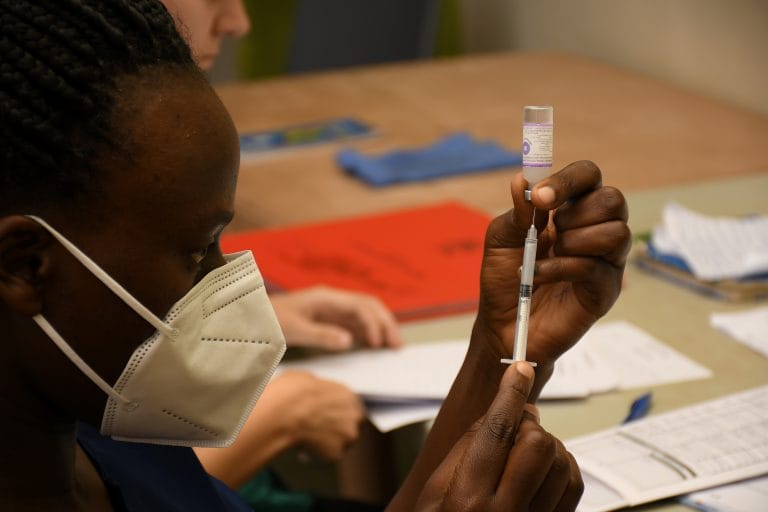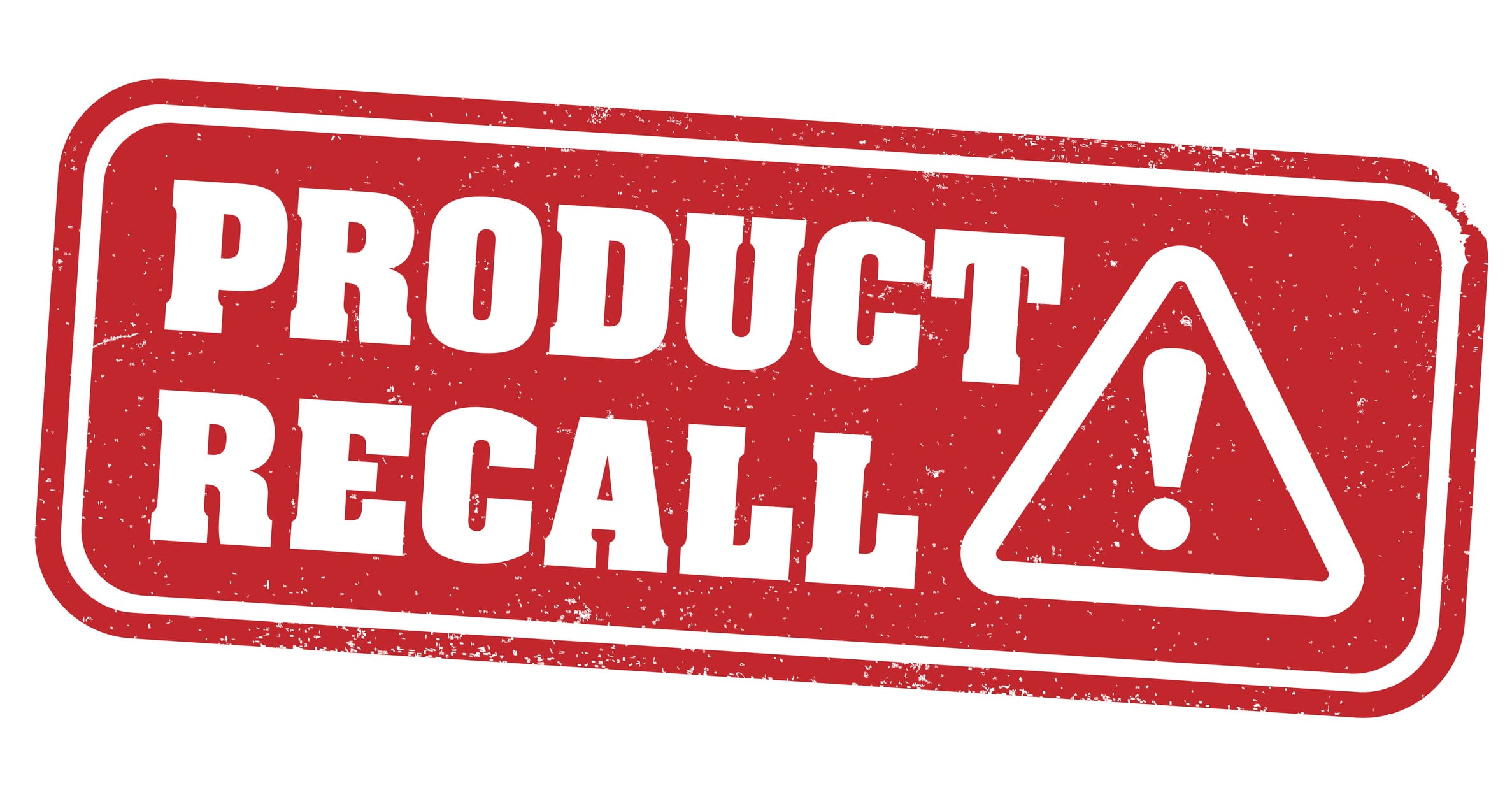The United States is currently facing a concerning trend regarding measles outbreaks, with recent data indicating that the number of reported cases is on the verge of reaching levels not seen in nearly three decades. This alarming situation has drawn the attention of public health officials, who are emphasizing the importance of vaccination as a critical measure to prevent the spread of this highly contagious disease.
Measles, caused by the measles virus, is a viral infection that can lead to serious health complications, including pneumonia, encephalitis, and even death. Prior to the widespread availability of the measles vaccine in the 1960s, the disease was commonplace in the U.S., with an estimated 3 to 4 million cases occurring annually. The introduction of the vaccine significantly reduced the number of cases, contributing to the disease being declared eliminated in the U.S. in the year 2000. However, recent years have seen a notable resurgence of measles, closely linked to declining vaccination rates in certain communities.
According to data from the Centers for Disease Control and Prevention (CDC), the U.S. has witnessed an increase in measles cases since 2017, with outbreaks primarily occurring among unvaccinated populations. The agency’s latest reports indicate that the number of cases in 2023 has surpassed previous years, with estimates indicating a trend that could potentially lead to the highest number of cases since 1996. This pattern has particularly affected communities where vaccine coverage is low, often due to vaccine hesitancy fueled by misinformation regarding vaccine safety.
Health experts attribute this surge in cases to various factors, including the impacts of the COVID-19 pandemic, which disrupted routine childhood vaccination services. During the height of the pandemic, many healthcare providers experienced reductions in patient visits, leading to a significant drop in vaccination rates for several childhood diseases. As a result, children who might have received vaccinations during this period are now at increased risk of contracting preventable diseases such as measles.
Moreover, the measles virus is highly contagious; it can remain viable in the air for up to two hours after an infected person has left the room. Consequently, outbreaks can occur rapidly in populations where vaccination coverage is inadequate. High rates of community immunity are necessary to prevent outbreaks and protect those who cannot be vaccinated, such as infants and individuals with certain health conditions.
Public health officials have been actively working to counter this trend by promoting education and awareness campaigns that highlight the importance of vaccinations. Initiatives aimed at increasing access to vaccines, especially in underserved areas, are also being prioritized. Various organizations have mobilized to ensure that parents understand the health risks associated with measles and the lifesaving benefits of vaccinating their children.
In an effort to combat misinformation that leads to vaccine hesitancy, health departments across the country are collaborating with community leaders and healthcare providers to disseminate accurate information regarding vaccine safety and efficacy. These initiatives focus on addressing common misconceptions and providing reassurance to parents. The collaborative approach aims to foster community trust and encourage families to keep up with their children’s vaccinations.
As the situation progresses, health officials continue to monitor the outbreaks closely and are prepared to respond promptly. Vaccination is the most effective method to control the spread of measles, and health departments are reaching out to unvaccinated families through targeted immunization events and reminder campaigns. These efforts are crucial not only for the current situation but also for the long-term public health landscape in the U.S.
The CDC recommends that children receive two doses of the measles, mumps, and rubella (MMR) vaccine, with the first dose typically administered between 12 and 15 months of age and a second dose between 4 and 6 years of age. Adults who are unsure of their vaccination status or were born after 1957 are also encouraged to check their immunization records and receive vaccinations if necessary. Such preventive measures are essential in protecting individual health and ensuring community immunity.
In conclusion, the nearing 30-year high of measles cases in the United States serves as a serious reminder of the importance of vaccinations and the need for continued public health efforts to prevent the resurgence of preventable diseases. With ongoing initiatives to bolster vaccination rates and address misinformation, there is hope that the current trend can be reversed, ensuring the well-being of future generations. Protecting public health through vaccination not only safeguards individuals but also prevents the broader implications associated with outbreaks, reaffirming the importance of collective action in safeguarding community health.
As health officials continue to address the current challenges, it remains vital for parents to remain informed and engaged regarding their children’s vaccinations, contributing to a healthier future for all.


